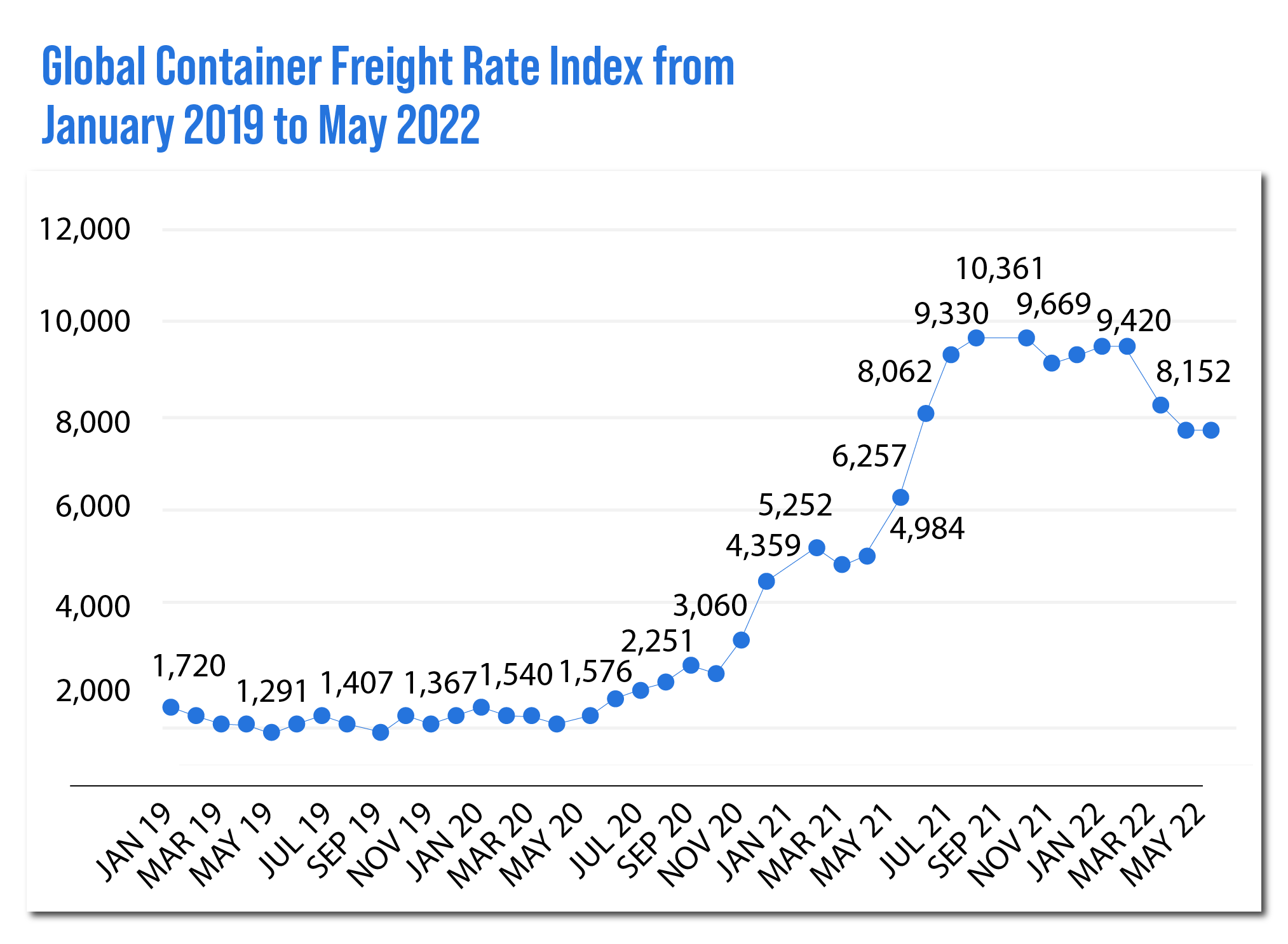What We Got Wrong About COVID
Thirty months since our team members first learned about Coronavirus (remember calling it that!) and there is a lot we have learned. It is sobering to think about over half a billion people around the world have contracted Covid and we have over 6.35 million recorded deaths (excluding China, which has stopped publishing their counts). Averaging over 3 million deaths, Covid is the third highest cause of death behind heart disease.
We count ourselves lucky to be here after having so much concern about ourselves, our families, friends, and co-workers back then. While we have learned and adapted, there are many things we got wrong. Most people or teams will not want to think about what they got wrong, but at MES we discuss our failures from the earlier year, tabulate them and frame them for our “Failure Wall”. We celebrate learning from them and vouch never to repeat them. As the world gets ready to turn the Covid page, we feel compelled to write about what we got wrong!
We take pride in these failures like an athlete boasting about football injuries (kidding) – but we do show off scars like a proud soldier who fought a wisely chosen war!
We thought vaccinations would move people past Covid
Well, it hasn’t. Just ask the 25+ million residents of Shanghai who are in partial lockdown after almost 10 weeks (The first six were lockdowns similar to those the world experienced back in March – May 2020). China’s stand for zero Covid appears over the top for almost any western citizen as well as most of the Asian countries such as India. It’s unclear why China is acting the way they are, but we are not here to judge what countries and people do. Zero Covid stand and impact on millions of lives were totally unexpected and is among the top things which we got wrong!
We thought vaccinations would fix Covid
Vaccines were developed at a record pace and early doses were made available to medical professionals in less than 10 months of initial virus breakout (December 2020). They were freely available around the world by summer of 2021. But the Omicron variant in December 2021 and January 2022 brought the world down to a crawl with lockdowns, shutdowns, and travel restrictions mimicking those experienced in 2020. Experts widely believe that we might have new variants which can bring us back to our knees. Let’s hope not. But Omicron was not widely expected and our efforts for normalcy took a backseat for almost 12 weeks earlier in 2022.
Stock Market Movement
While experts expected S&P to seriously lose value, after a two-week dip in March 2020 it came roaring back climbing 18.4% in 2020 and another 28.71% in 2021 (on top of 31.5% in 2019). Most of the movement was in technology companies, driven by wider adoption of software and larger market share wins by large companies.







